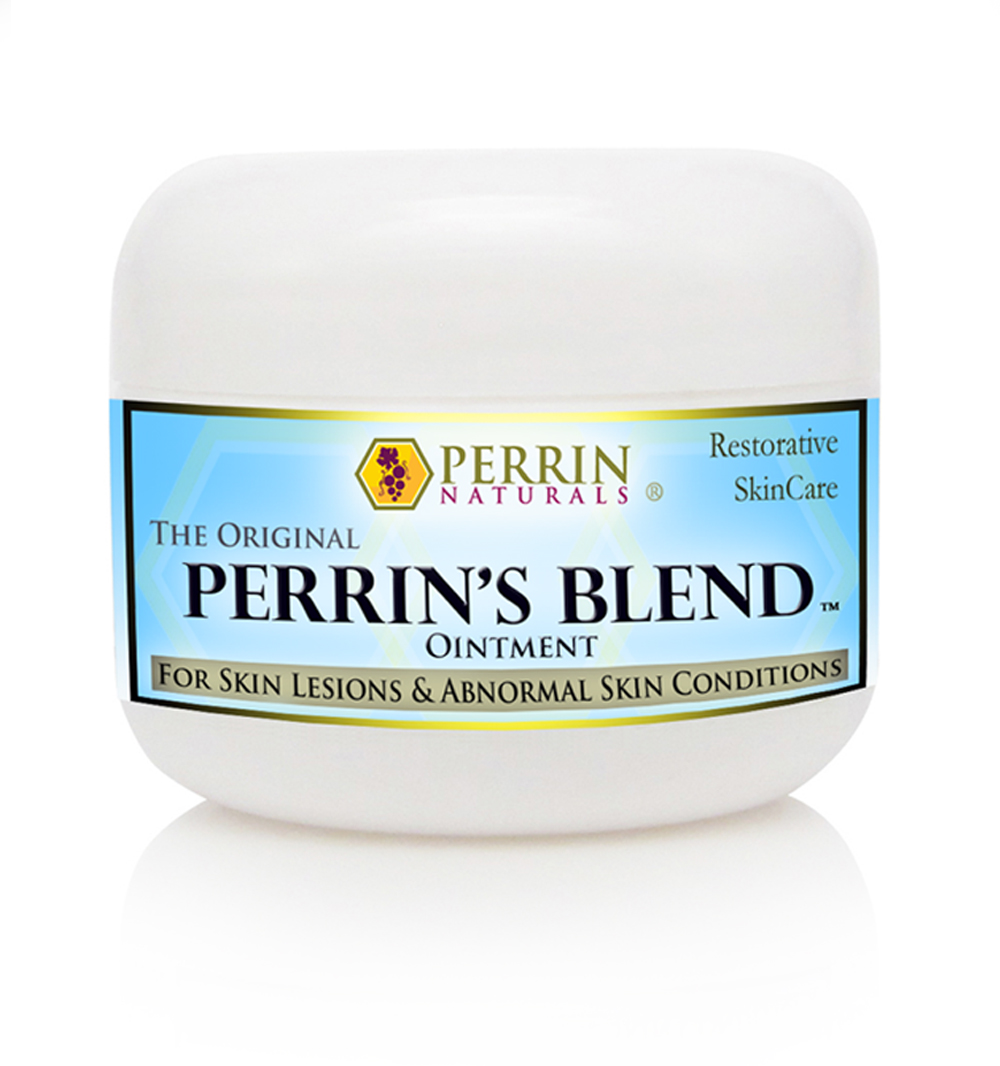Basal cell carcinoma (BCC) is the most common type of skin cancer, often caused by prolonged exposure to UV radiation from the sun. While conventional treatments like surgery and radiation therapy are effective, many individuals seek alternative and complementary approaches to manage their condition. One such avenue is the use of grape seed extract, a natural compound renowned for its antioxidant properties and potential health benefits. In this blog post, we'll explore the emerging research on grape seed extract's role in combating basal cell carcinoma and its potential as a complementary therapy in skin cancer management.
Understanding Basal Cell Carcinoma: Basal cell carcinoma develops in the basal cells, which are found in the deepest layer of the epidermis. It typically appears as a pearly or waxy bump on the skin, often with visible blood vessels. While BCC rarely spreads to other parts of the body, it can cause disfigurement if left untreated. Standard treatments for BCC include surgical excision, Mohs surgery, radiation therapy, and topical medications.
Grape Seed Extract: A Natural Antioxidant Powerhouse: Grape seed extract is derived from the seeds of grapes and is rich in polyphenols, particularly proanthocyanidins. These compounds possess potent antioxidant properties, which help neutralize free radicals and reduce oxidative stress in the body. Additionally, grape seed extract has anti-inflammatory and anti-carcinogenic effects, making it a promising candidate for cancer prevention and treatment.
Emerging Research on Grape Seed Extract and Basal Cell Carcinoma: Several studies have investigated the potential of grape seed extract in managing basal cell carcinoma. Research published in the journal "Nutrition and Cancer" found that grape seed extract inhibited the growth of basal cell carcinoma cells in laboratory experiments. Another study published in "Experimental Dermatology" demonstrated that grape seed extract suppressed the proliferation of BCC cells and induced apoptosis, or programmed cell death.
Furthermore, a clinical trial conducted at the University of Alabama at Birmingham explored the use of grape seed extract in combination with other natural compounds in patients with non-melanoma skin cancer, including basal cell carcinoma. While the results are preliminary, they suggest that grape seed extract may have a role in skin cancer prevention and treatment.
Incorporating Grape Seed Extract into Your Wellness Routine: While more research is needed to fully understand the effects of grape seed extract on basal cell carcinoma, incorporating this natural remedy into your wellness routine may offer additional support in managing your condition. Grape seed extract supplements are widely available and can be taken orally as directed by a healthcare professional. Additionally, topical formulations containing grape seed extract may provide targeted benefits when applied directly to the skin.
Conclusion: Grape seed extract holds promise as a natural approach to managing basal cell carcinoma, thanks to its antioxidant, anti-inflammatory, and anti-carcinogenic properties. While further research is needed to validate its efficacy and safety, preliminary studies suggest that grape seed extract may have a role in skin cancer prevention and treatment. As always, it's essential to consult with a healthcare professional before incorporating any new supplements or treatments into your regimen, especially if you're managing a serious medical condition like basal cell carcinoma.
All of our aloe based moisturizers contain grape seed extract, with Nutra Cream and Lotion Rejuvenation containing the most. While we don't recommend these products for BCC treatment they may work to prevent BCCs from forming. Perrin's Blend on the other hand, is basically a grape seed extract ointment. It is our product that has been most effective for removing BCCs.

 Cart (0)
Cart (0)